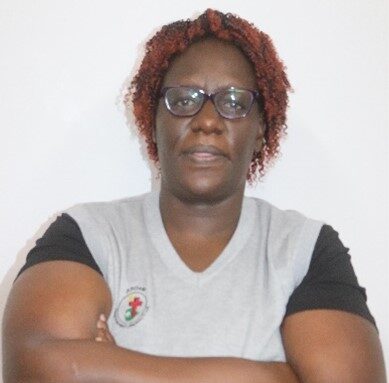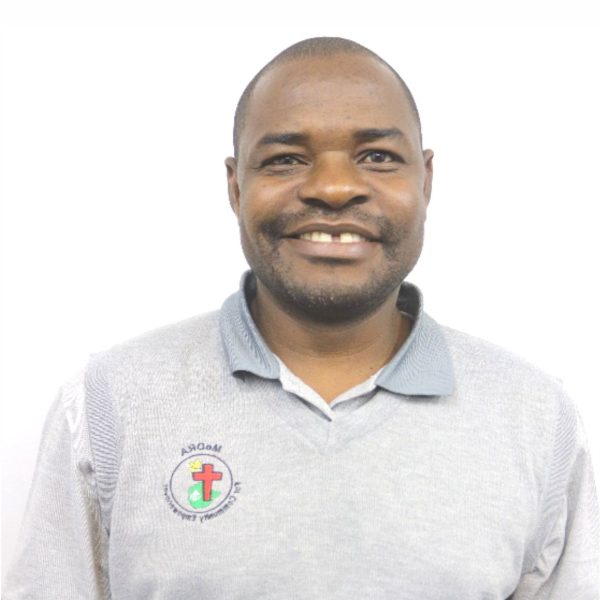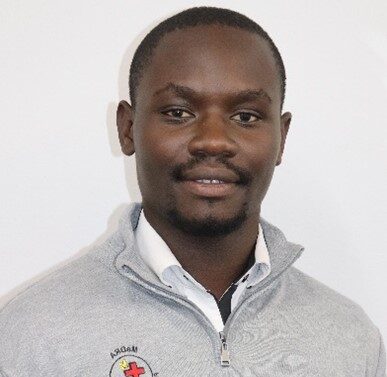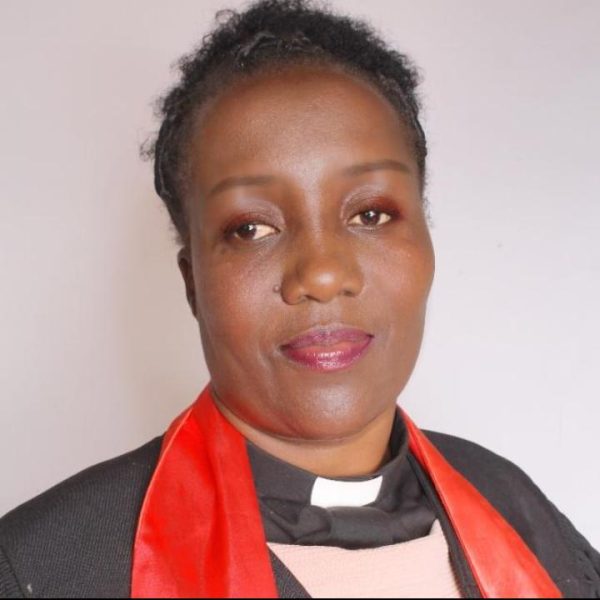About Us
MeDRA is a Christian-based Local NGO owned by the Methodist Church in Zimbabwe. MeDRA uses a spiritual approach to sustainable development. MeDRA is result oriented and believes in a theory of change that seeks to empower and transform our target communities. MeDRA was registered as a private voluntary organization (PVO) in August 2009 although activities started in 2004. The organization has its mandate to undertake Humanitarian and Developmental programmes that aim at meaningfully contributing towards positive socio-economic change in Zimbabwe, beginning with marginalized communities and most vulnerable populations.
The organization has provided long term needed assistance in the areas of agriculture, water, sanitation and hygiene promotion, environment management and disaster risk management and emergency humanitarian aid. MeDRA has worked with various communities in peace building initiatives aimed at promoting tolerance and peaceful coexistence through conflict resolution, management and prevention mechanisms.
Vision
A society in which all enjoy abundant life and God given dignity. (John 10:10)
Mission
To empower communities to improve livelihoods and experience justice through sustainable interventions which bear witness to God’s love
Values
- Integrity
- Compassion
- Participation and Inclusion
- Transparency and accountability
- Professionalism
- Partnership
- Dignity
- Target Groups
MeDRA Targets the vulnerable and marginalised women, girls, boys and men, people living with disabilities, Pregnant and lactating women, elderly, internally displaced populations, and priority is given to those in hard-to-reach areas.
- Where We Work
MeDRA is currently operating in the following districts: Gokwe South, Buhera, Bikita and Chipinge
- Cross-Cutting Issues
- Gender Justice
- HIV/AIDS
- Disability Inclusion
- Human Trafficking
- Safeguarding
OBJECTIVES
The organisation seeks to:
Empower communities
Programmes are aimed at strengthening and increasing the opportunities, self-worth, choices, resources, autonomy and power of communities.
Build local economies
Programmes should build local economies through fair and equitable practices that include skills building, education and vocational training, income generation, financial planning, savings, credit markets linkages accompanied with training and support, jobs that pay fair wages and treat workers equally and justly.
Care for the environment
Programmes should promote people's access, participation and rights in the care of their water, soil, air, seeds, forests, fisheries, livestock and land. Programmes may work to catalyze and sustain local action for sustainable agriculture, food and water security/sovereignty, climate change adaptation and mitigation, natural resource management, environmental health, biodiversity and conservation.
Monitor and share best practice
MeDRA effectively plans, implements, evaluates and documents its community-driven programmes and maintains accountability to the communities it supports. The Agency is committed to mutual learning, linking and building solidarity through a participatory process.
Improve health
WHO defines health as state of complete physical, mental and social well-being and not merely the absence of disease or infirmity. A healthy community is better able to participate in programmes as well as enjoy the fruits of their efforts in projects. MeDRA seeks to work with communities to improve their health through targeted interventions such as WASH, nutrition, HIV prevention and generals awareness to improve the health seeking behavior of both and men and women and their families for early for early diagnosis and treatment of diseases. If people are going to change their health behavior, what changes in the environment need to occur to make it happen? MeDRA will work in partnership with others service providers to ensure this change.
Protection Policies


Safeguarding, Gender Justice, Disability Inclusion, Anti-Human Trafficking Policies
MeDRA endeavours to ensure that communities involved in our activities are respected and that they are not exploited. Therefore, MeDRA has developed the Safeguarding, Disability Inclusion, Gender justice and Anti-human trafficking policies which aims to minimize and prevent risks related to physical or emotional violence, harm, or abuse, as well as exploitation, including the sexual abuse of children, women, men, elderly and the disabled. MeDRA operates based on the perspective of access to human rights and equal opportunity. We strive to create an environment of respect for the organization.
Safeguarding, complaints and feedback

MeDRA has taken an initiative to provide protection and support to communities affected through the channelling of complaints and feedback via the Toll-free facility, suggestion box and help desks. Therefore, we welcome complaints about our work in the communities in which we operate. Complaints and response mechanisms have been instrumental in addressing both community and organizational challenges a s a way of improving accountability. We ask comments and complaints about our work to be raised and discussed with relevant staff and managers at MeDRA to enable a lasting solution to be derived. As we make complaints let us be factual to avoid malicious claims as they may affect the image of employees if found otherwise. The toll-free line for MeDRA is 08080551. (Econet subscribers)
Meet Our Team

Tariro Washaya Mpofu
Programs Manager
twashaya@medrazim.org.zw

George Rufudza
Finance and administration Manager
grufudza@medrazim.org.zw



